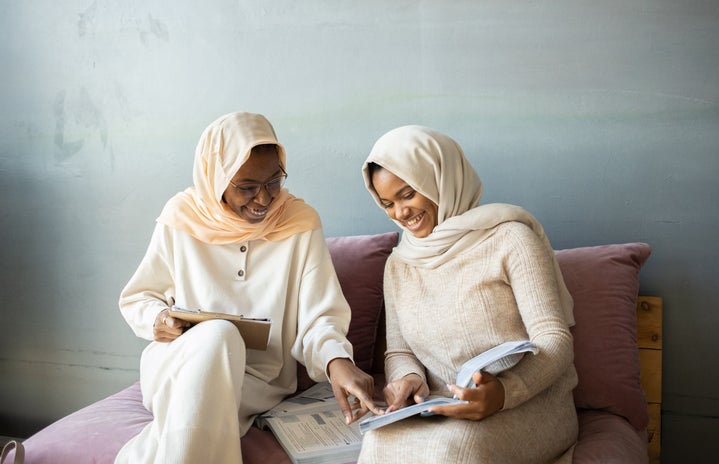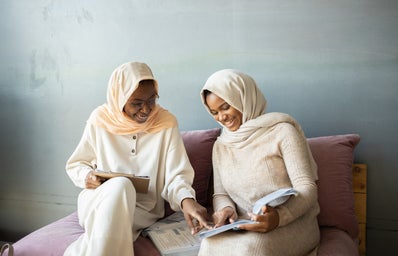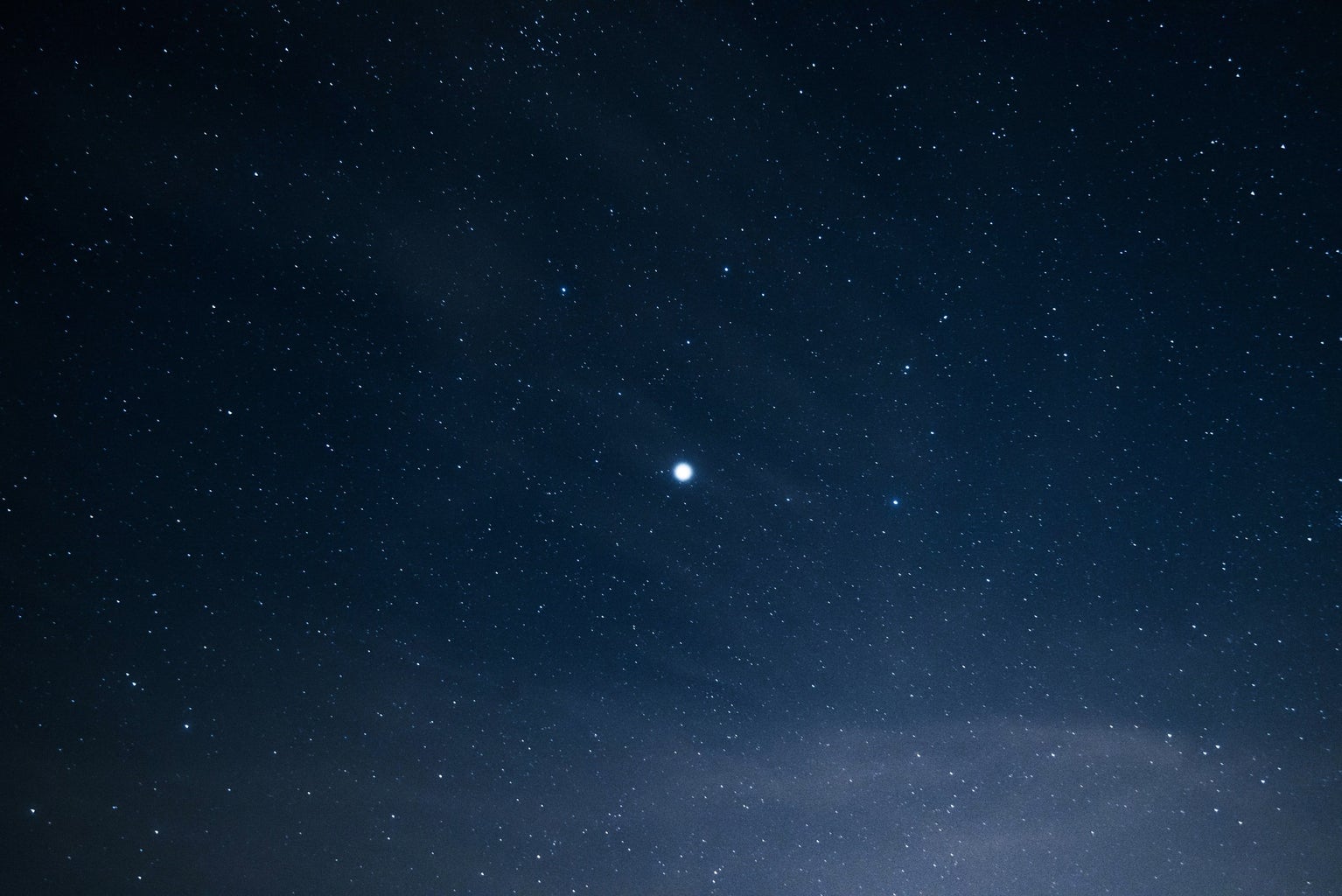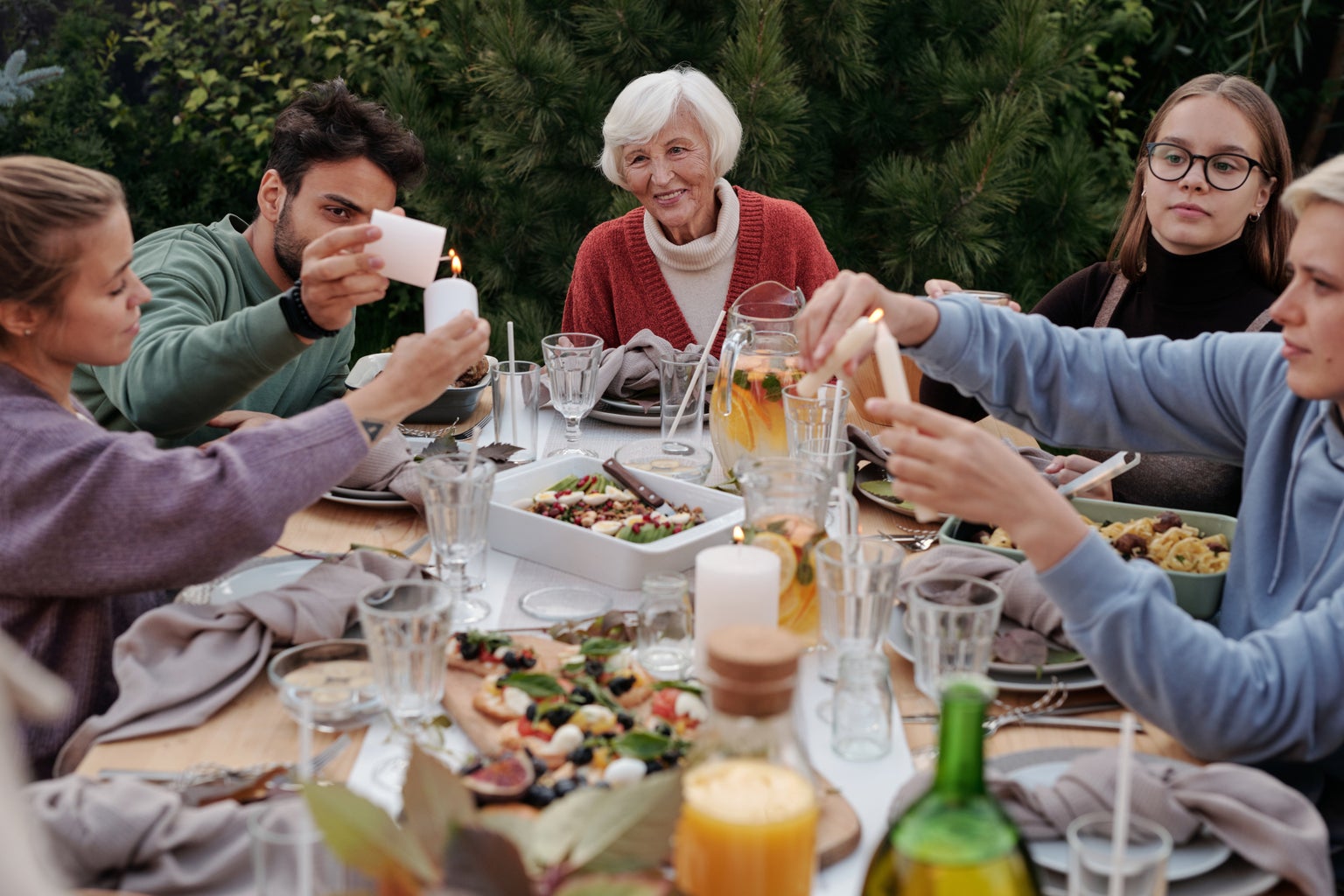Ramadan officially starts today, Thursday, March 23rd, 2023. Many people may not know exactly what Muslims do during their Holy month — here is a guide to everything you need to know to help understand your Muslim peers better!
Lunar calendar and the debate of finding out the date of RAMADAN
You may have heard Muslims sometimes argue about which date Ramadan falls on. The date changes every year back 10 days according to the lunar calendar. Ramadan is the ninth month of the Islamic Lunar Calendar. It is based on the monthly changing moon cycle, which is why the crescent moon is a significant part of Islam and the month of Ramadan. Typically to find the date, Muslims worldwide will look outside the night before to see if there is a visible crescent moon.
ALL ABOUT FASTING — not even water?
Fasting is a critical part of Ramadan. It is one of the five pillars of Islam, which are the ‘rules’ that many Muslims follow. Fasting (sawm) is the practice of not eating or drinking food or water from dawn to dusk. Yes, not even water. It is similar to lent, but Muslims also try to abstain from anything that can be considered sexual or smoking as well. Muslims will take this time during the Holy month to work on being a better person and self-improvement. Along with fasting, Muslims have to pray the five prayers throughout the day, which I will get into the next section.
5 daily prayers
Every day, Muslims all around the world gather to perform their prayers during the day. The five daily prayers are Fajr which is prayed at dawn, Dhuhr which is prayed at midday, Asr which is prayed in the afternoon, Maghrib which is prayed at sunset, and Isha which is prayed late at night. Muslims will begin their fast at Fajr and end at Maghrib.
Suhoor/sehri
Suhoor or Sehri (both are interchangeable and commonly used) is the meal consumed early in the morning by Muslims before fasting, before dawn during, or outside the Islamic month of Ramadan. The meal is eaten before the fajr prayer. After that, not a single piece of food or a drop of water can enter the mouth of the person who’s fasting. This makes the first meal known as Suhoor the most important meal of the day. What enters your mouth should be able to sustain you for the entire day. It is essential to have a well-balanced meal that will keep you full during the day; it’s vital to equip your body for a full day of fasting.
IFTAR
Iftar is the fast-breaking evening meal of Muslims in Ramadan at the time of adhan of the Maghrib prayer. This is their second meal of the day; the daily fast during Ramadan begins immediately after the pre-dawn meal of suhur and continues during the daylight hours, ending with sunset with the evening meal of iftar. The initial breaking of the fast isn’t a huge meal; it’s typically just a date and a glass of water. Following prayer, Muslims may have family or friends gather to eat iftar — it is like Thanksgiving every day. In the Islamic culture, family and friends are essential.
eid celebration
Eid al-Fitr is an important day in the Islamic Calendar. It marks the end of Ramadan and celebrates the conclusion of the period of fasting. During Eid al-Fitr, Muslims spend time with their loved ones, share meals, and even exchange gifts. It is one of the holidays with the highest religious significance in the Muslim community. Since Eid Mubarak is a way to say, “blessed feast” or “blessed festival,” it’s used often during the celebration of Eid al-Fitr. The exact date of Eid al-Fitr is calculated by the sighting of the moon. Eid Mubarak is said during the celebrations of Eid al-Fitr and Eid al-Adha. You can use it as a greeting when interacting with people in the Muslim community. It’s most commonly exchanged on the last day of Ramadan.
Ramadan Mubarak!




